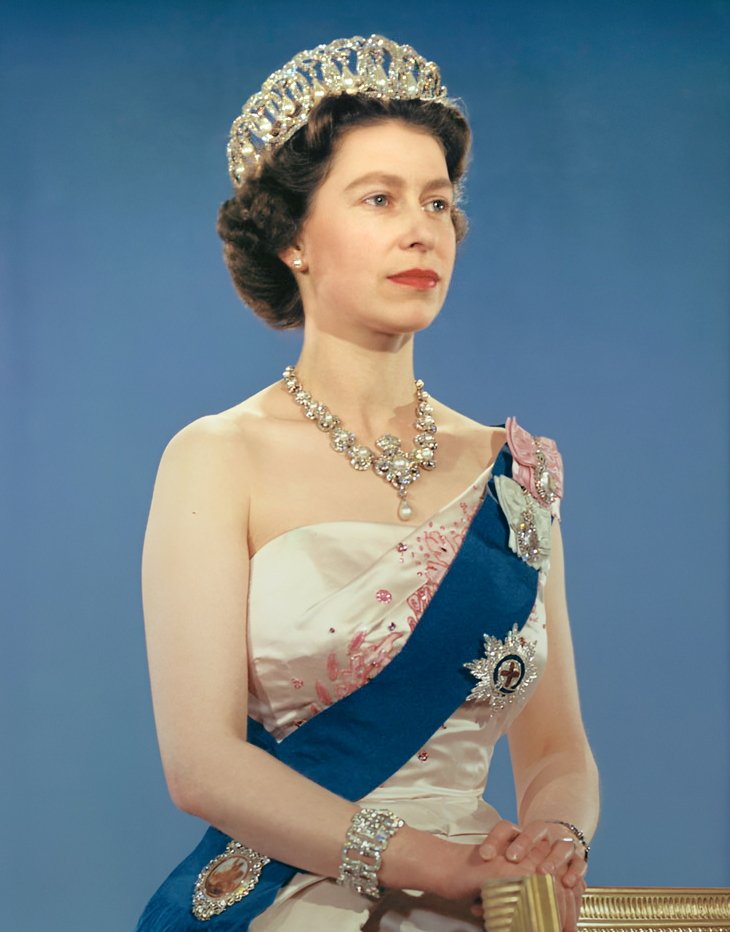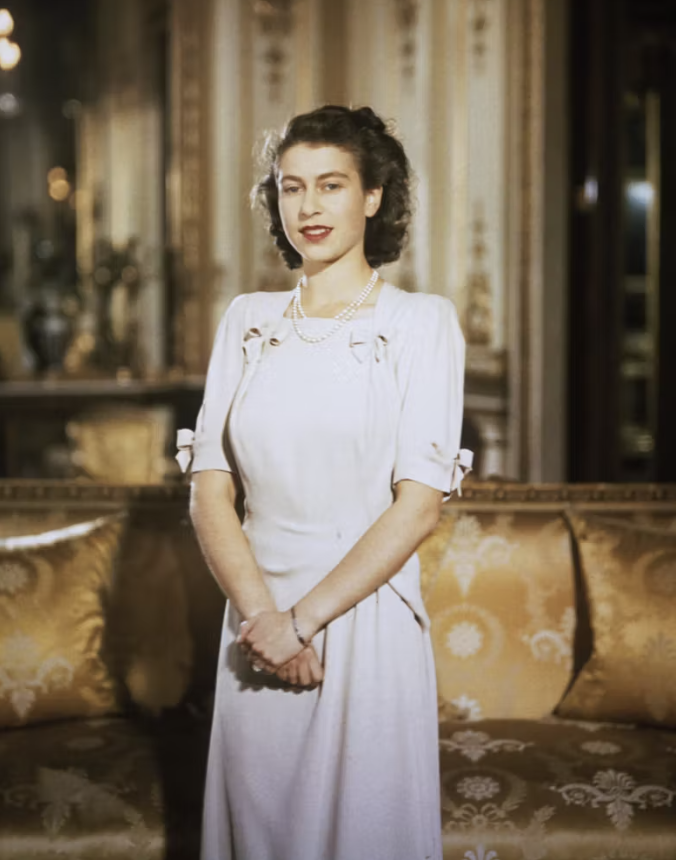The Life and Legacy of Queen Elizabeth II: A Monarch Who Defined an Era
By Alexus Mosley
Born in Mayfield, London, as Elizabeth Alexandra Mary on the 21st of April in 1926, Elizabeth was the first child of her grandmother; the future queen was lovingly called "Lilibet" by those closest to her. Elizabeth was educated at home with her younger sister, Princess Margaret. Studying history, language, literature, and music under the supervision of their mother and their governess, Marion Crawford. She was described by her cousin, Margaret Rhodes, as "a jolly little girl, but fundamentally sensible and well-behaved." Said to be fond of dogs, horses, and her grandfather, King George V, whom she dotingly called “Grandpa England.” Following her grandfather’s death in 1936, her uncle succeeded the throne as Edward VIII, and she took he place as second in line to the throne after her father. Soon after, Edward abdicated when his engagement to divorced socialite Wallis Simpson elicited a political crisis. Her father consequently became King George VI, making Elizabeth heir presumptive, since she had no brothers.
Princess Elizabeth continued her high-level education, receiving private tuition in constitutional history from Henry Marten, Vice-Provost of Eton College, learning French from a succession of native-speaking governesses, and later enrolling at Sea Ranger, a guiding organization for young adolescent women between ages fourteen and eighteen. In 1937, Elizabeth met her second cousin once removed through King Christian IX of Denmark and third cousin through Queen Victoria, Prince Phillip of Greece and Denmark for the second time. It was after seeing him a third time at the Royal Naval College in Dartmouth in July 1939 at the ripe age of thirteen that the future Queen of the United Kingdom said she fell in love with Phillip, who was twenty-one. The two announced their engagement on July 9, 1947. She was twenty-one. Their engagement sparked much controversy as Phillip was foreign-born, had no financial standing, and had sisters who had gone on to marry Germans with Nazi affiliations. Many biographies later reported that Elizabeth’s mother also had reservations about the union and referred to Phillip as “The Hun.”
On her 21st birthday, while in southern Africa on her first overseas tour in 1947, she pledged to the British Commonwealth in a broadcast, "I declare before you all that my whole life, whether it be long or short, shall be devoted to your service and the service of our great imperial family to which we all belong." Just over a year and six months later, on November 17, 1948, she would go on to give birth to her first child and heir to the throne, Charles, Prince of Wales. Elizabeth’s second-oldest child and only daughter is Princess Anne, who is often referred to as Princess Royal, was born just shy of two years afterwards on August 15, 1950. Prince Andrew is the Queen's third child and was born on February 19, 1960, and the Queen's youngest child is Prince Edward, Earl of Wessex, who was born four years later on 10 March 1964.
Princess Elizabeth began to stand in regularly for her father, King George VI, as his health began to deteriorate. On February 6, 1952, while returning to their Kenyan home, Sagana Lodge, Phillip broke to her the news of the King’s death. Her accession to the throne was immediate, and she decided to retain Elizabeth as her regnal name, thus being called Queen Elizabeth II. Nimbly, she and Phillip returned to the United Kingdom and moved into Buckingham Palace. Her heir, Charles, was only three years old. Her majesty’s coronation ceremony took place on June 2, 1953, in Westminster Abbey, despite Queen Mary’s death earlier in the year, and was the first to be televised. Throughout her reign, Queen Elizabeth was noted for continuing the evolution of the Commonwealth of Nations, being the first British monarch to address the United States Congress, reforming the monarchy’s finances, and her tireless charity. She reportedly supported more than 600 charities in Britain alone. Her most praiseworthy contributions also include supporting racial justice in the Commonwealth.
On September 8, 2022, at age 96, Her Majesty Queen Elizabeth II died at home in Balmoral in Scotland. She was surrounded by her children, including her eldest son, now King Charles III. She will be remembered for seventy years of devoted service to her country and the Commonwealth and its people. As well as her strength, grace, and knowledge of politics and history.



